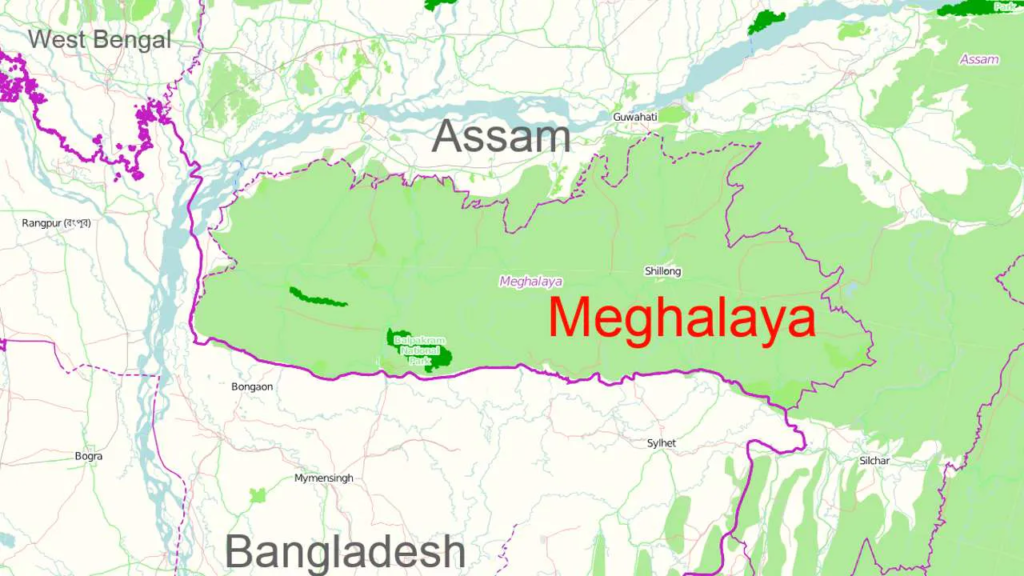The second phase of border talks between Assam and Meghalaya began on Sunday, with the two states agreeing to form three regional committees to resolve remaining disputed regions. The statement came during a meeting in Guwahati between Meghalaya Chief Minister Conrad Sangma and Assam Chief Minister Himanta Biswa.
The 884-kilometer boundary between the two states has seen repeated flare-ups in 12 contested sites throughout the years. Earlier in March, the chief ministers of the two states inked a contract in the presence of Union Home Minister Amit Shah to settle differences in a 36.79 sq km region that included six out of 12 sites (Tarabari, Gizang, Hahim, Boklapara, Khanapara-Pilangkata, and Ratacherra).
Following the discussion on Sunday, Sangma informed reporters that the committees will be contacted within 15 days and that the problem would be resolved in a “reasonable time” for the remaining six places.
According to him, the Survey of India and the two state governments are currently drawing the new border (for the resolved regions) in accordance with the signed Memorandum of Understanding. Sarma noted that the procedure had been delayed due to floods, but that work will now resume.
“We left out six areas in the initial resolution plan because we decided to begin with the less complicated sites,” Sarma stated.
Blocks I and II of Jaintia Hills (Meghalaya) were transferred to the Mikir Hill (Karbi Anglong) district of Assam in 1951, when Meghalaya was still a part of Assam, based on the recommendations of a government commission. The second phase comprises larger settlements in these areas, which are thought to be more difficult to resolve.
Sangma stated that after the committees are formed, site visits and public meetings with stakeholders will begin. “As a goodwill gesture and public confidence building measure, the Assam CM and I will be visiting important [disputed] locations to give confidence to people that both state governments are committed to finding a permanent solution,” he said.
The committees would be led by Cabinet Ministers from each state, as well as members of the Karbi Anglong Autonomous Council (KAAC) in Assam, which has control over three of the six contested locations.

